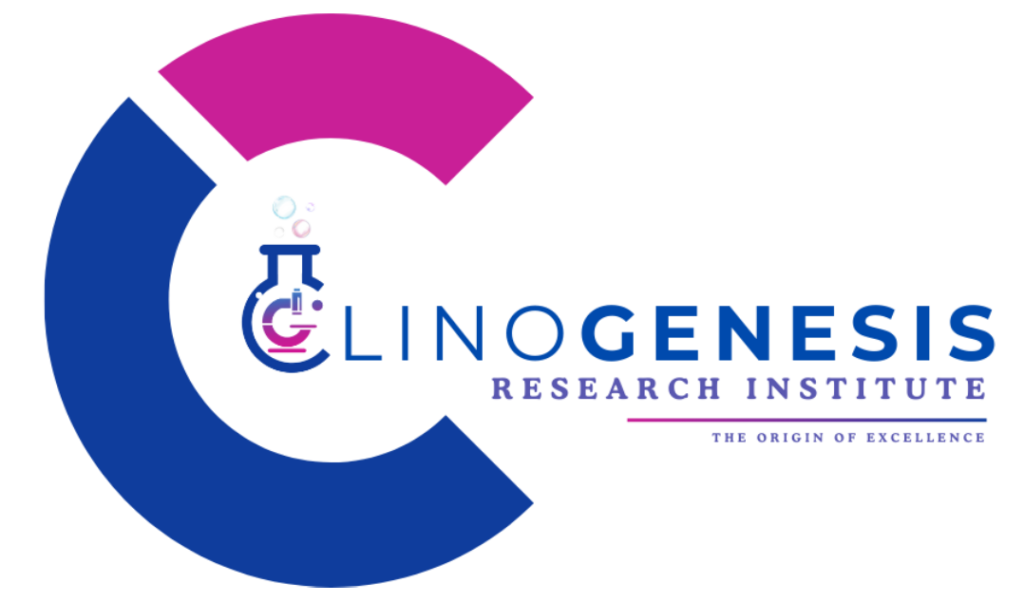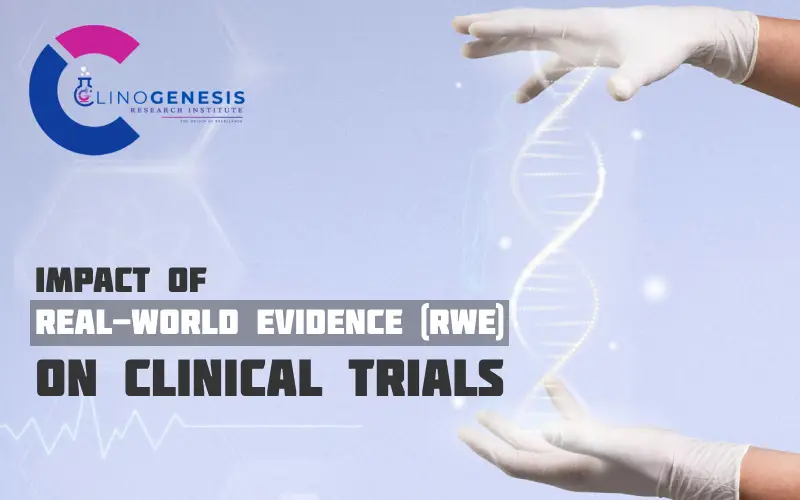It is true that traditional clinical trials alone are no longer sufficient to capture the complete picture of a drug’s effectiveness and safety. This is where real world evidence in clinical trials comes into play.
By analysing real-life data from patient health records, insurance claims, and wearable devices, real world evidence in clinical research is helping researchers make better decisions about drug efficacy and patient care.
But how exactly is RWE transforming clinical trials? Let’s explore its significance, benefits, and challenges in detail.
What is Real-World Evidence (RWE)?
Real-world evidence (RWE) refers to healthcare information collected outside of traditional clinical trials. It includes data from:
- Electronic health records (EHRs)
- Claims and billing records
- Patient registries
- Wearable health devices
- Social media and patient surveys
This data helps researchers and pharmaceutical companies understand how drugs and treatments work in real-life scenarios, making it an essential component of modern RWE studies.
How RWE is Transforming Clinical Trials?
1. Improving Drug Development and Approvals
Traditional clinical trials are often time-consuming and expensive. However, real world evidence in clinical trials provides quicker insights by tracking patient responses in real-life settings. Regulatory bodies like the FDA and EMA are increasingly using RWE to support drug approvals.
For example, in 2017, the FDA approved a new use for Ibrutinib (a cancer drug) based on RWE data from medical records instead of conventional trials. This approach significantly reduced the time and cost of bringing the drug to patients.
2. Enhancing Patient Diversity in Clinical Research
Traditional trials often focus on controlled environments, which may not represent the full spectrum of patient demographics. RWE helps in:
- Studying drug effectiveness in diverse populations
- Analysing long-term safety in elderly patients
- Understanding rare disease patterns
This makes real world evidence in clinical research a game-changer for developing treatments that cater to a wider audience.
3. Real-Time Monitoring for Better Safety & Effectiveness
With wearable devices and mobile health apps, RWE allows continuous patient monitoring. This provides valuable data on:
- Adverse drug reactions
- Medication adherence
- Long-term treatment effectiveness
This real-time data improves drug safety and enhances healthcare decision-making.
Challenges of Using RWE in Clinical Trials
While real world evidence in clinical trials offers numerous benefits, it also comes with challenges:
1. Data Quality and Standardisation
Since RWE data comes from multiple sources, ensuring accuracy and consistency is a challenge. Data standardisation and validation are crucial to making meaningful conclusions.
2. Regulatory and Ethical Concerns
Regulatory bodies have strict guidelines for using RWE. Companies must ensure that patient privacy and ethical considerations are met while using real-world data.
3. Integration with Traditional Clinical Trials
RWE should complement, not replace, traditional clinical trials. A hybrid approach—combining randomised clinical trials with RWE—could be the best way forward.
Future of RWE in Clinical Research
The role of real world evidence in clinical research will continue to expand in the coming years. Some key trends include:
- AI & Machine Learning Integration: Advanced algorithms will enhance RWE analysis.
- Increased Regulatory Acceptance: More regulatory bodies will incorporate RWE in drug approvals.
- Growth of Decentralised Trials: Digital health platforms will enable remote patient participation.
The Role of ClinoGenesis in RWE Research
As RWE continues to gain importance, professionals in the field must be well-equipped with the right skills. ClinoGenesis Research Institute is one of the best clinical research institutes, offering courses in Clinical Research, Bioinformatics, and Medical Coding. Their training programs cover the fundamentals of RWE studies, helping students and professionals stay ahead in the evolving research landscape.
Whether you’re a healthcare professional, researcher, or student, taking a real world evidence course at ClinoGenesis can open new career opportunities in clinical trials and pharmaceutical research.
Conclusion
The impact of real world evidence in clinical trials is undeniable. It accelerates drug approvals, improves patient safety, and provides valuable insights that traditional trials may miss. However, ensuring data accuracy and regulatory compliance remains crucial.
For those looking to build a career in RWE studies, a real world evidence course from ClinoGenesis Research Institute is an excellent choice. With expert-led training in clinical research, bioinformatics, and medical coding, ClinoGenesis prepares students for the future of evidence-based healthcare.


